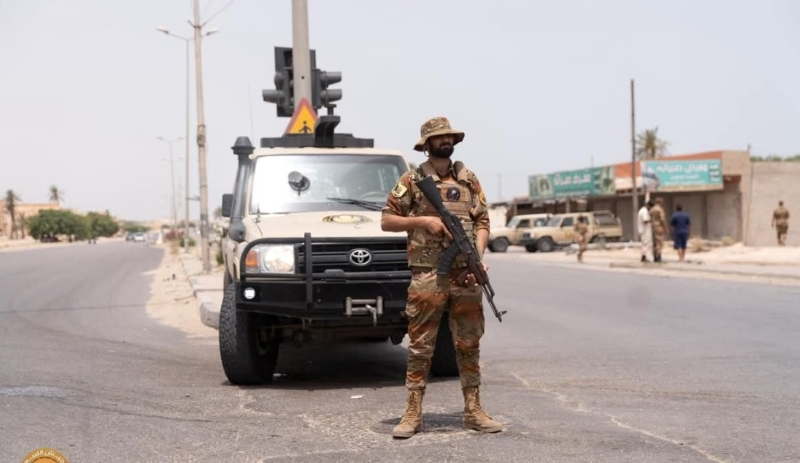The Italian national carrier, ITA Airways, has officially extended its suspension of flights to the Libyan Capital City terminal.
The Italian airline maintained its stance of ceasing to operate flights between Rome and the Mitiga Airport in Tripoli until sometime in July 31 or August 1, 2025, citing ongoing security concerns in the Libyan capital.
Tripoli has recently been steeped in chaos.
The airline has therefore stated that it will reassess the situation after July 31, depending on the outcome of security evaluations and risk assessments on the ground.
The ITA Airways (formerly Air Italia) decision highlights growing international unease regarding aviation safety and stability in Tripoli, where recent armed clashes and political tensions have been raising alarm.
Recently, however, Ita Airways had resumed direct flights between Rome and Benghazi, Libya, for the first time since 2011.
Meanwhile the Western region government of Libya is enforcing Article 301 of the Penal Code, which imposes strict penalties for actions that endanger public transportation.
Offenders can face between 3 and 5 years in prison for obstructing or threatening public or state property.
Additionally, throwing objects like stones at moving vehicles can lead to up to 2 years in jail, even if no injuries occur.

Authorities have increased surveillance and security to protect passengers and deter such reckless behaviour.
In another development, a court in the Libyan Capital of Tripoli has issued arrest warrants for more than one hundred members of the Stability Support Forces (SSF).
The SSF happens to be a powerful militia, previously allied with the Western region Government of National Unity (GNU).
The arrest warrant list includes top commanders such as Munsif al-Kikli (nicknamed “Al-Kaboos”), Saif al-Kikli (son of Ghnewa), and Abdulhamid al-Inizi (known as “Al-Madghoota”), accused of murder, torture, abduction, and arbitrary detention.
The crackdown follows the assassination of the Stability Support Forces (SSF) leader, Abdul Ghani al-Kikli, widely known as “Ghnewa”, who was ambushed and killed during a supposed negotiation with GNU-linked forces.
What was pitched as a peace meeting turned out to be a coordinated ambush, an event many now describe as a politically motivated execution.
Once operating under the Government of National Unity (GNU)’s Interior Ministry, the SSF had evolved into a rival power center, clashing with other armed factions in Tripoli.
Their fall from grace reflects the fractured and unstable security structure in western Libya, where former allies turn into adversaries in no time.

